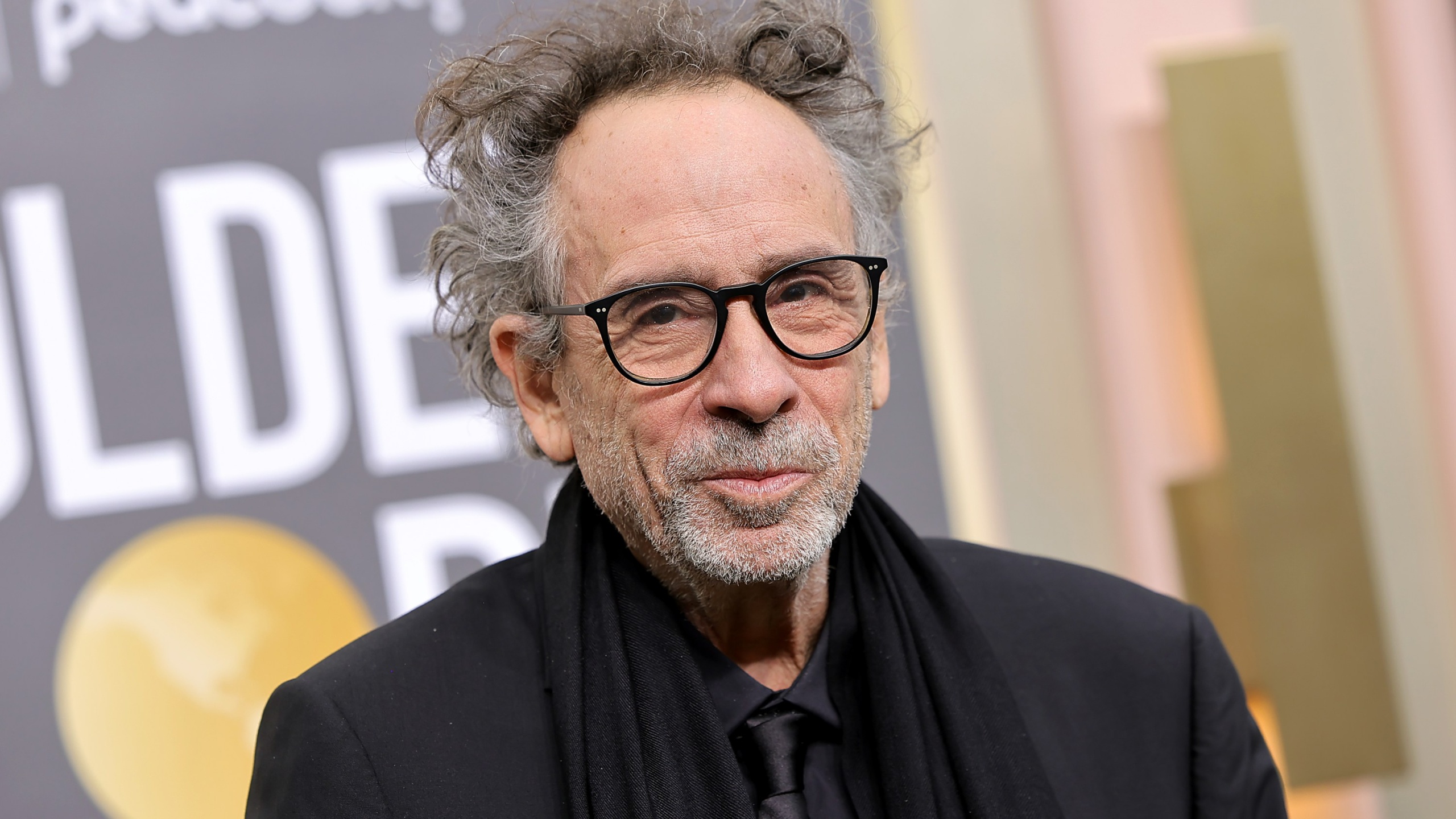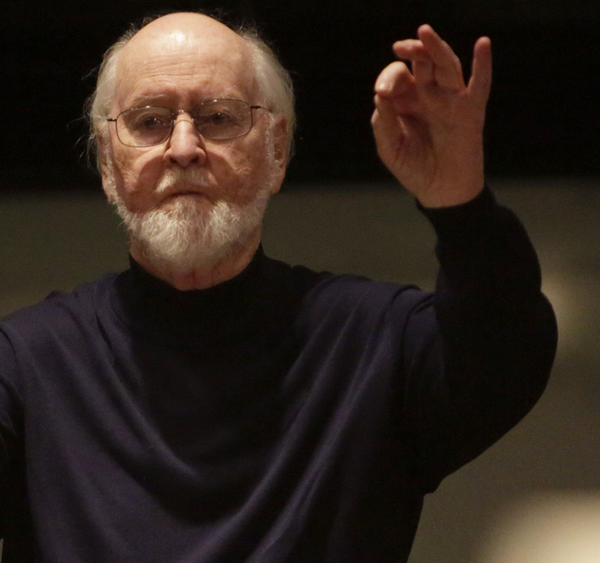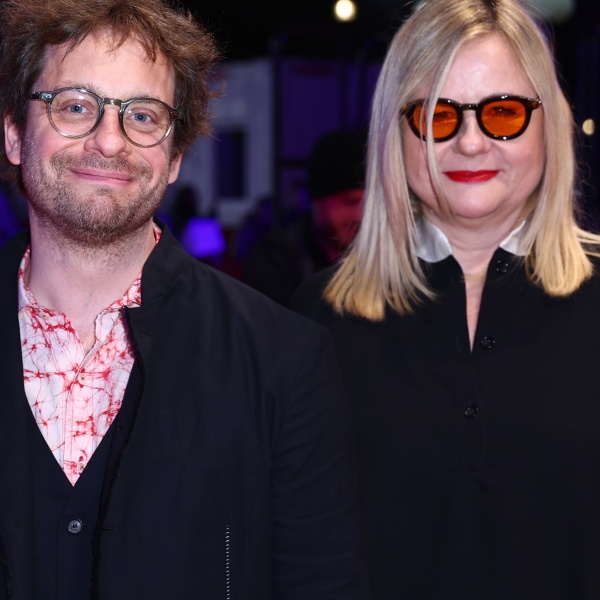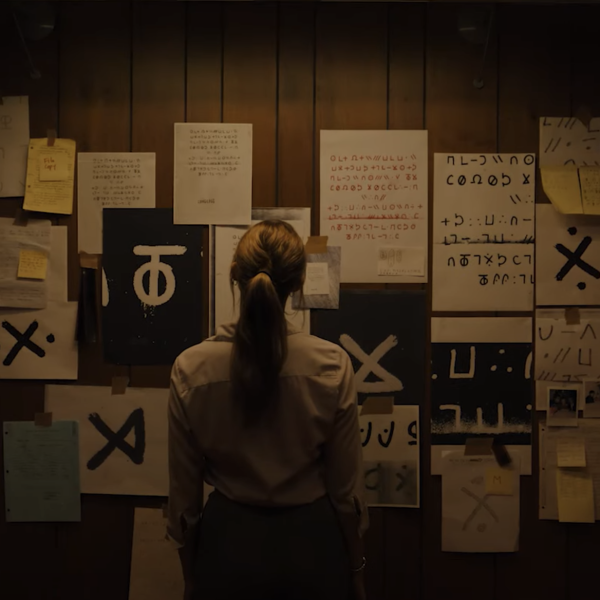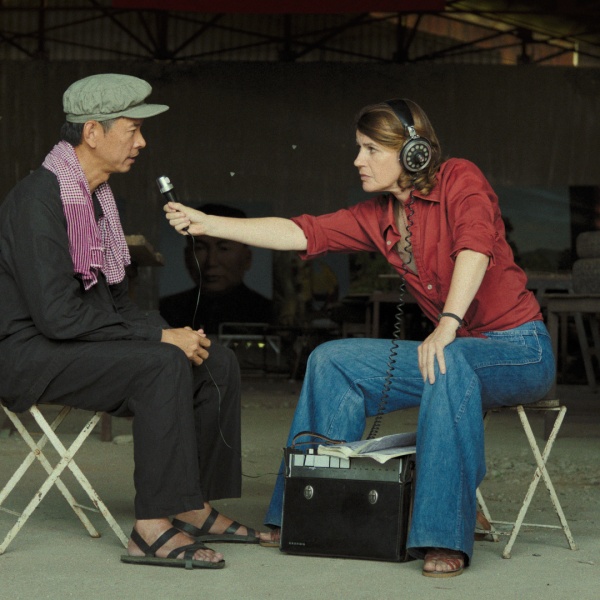Tim Burton has applied his distinct visual style to a multitude of pop culture properties over the years, from “Batman” and “Planet of the Apes” to “Alice in Wonderland” and “Dumbo.” But while the filmmaker continues to put his spin on classic I.P., he has no interest in seeing A.I. software do it for him.
In a new interview with The Independent, Burton recalled being disturbed by seeing an A.I. program draw a series of beloved Disney characters in the style of his whimsically macabre aesthetic.
“They had A.I. do my versions of Disney characters,” Burton said. “I can’t describe the feeling it gives you. It reminded me of when other cultures say, ‘Don’t take my picture because it is taking away your soul.’”
Burton explained that seeing his distinct creative process commodified by computers wasn’t just an insult — it caused a borderline existential crisis.
“What it does is it sucks something from you,” he said of A.I. “It takes something from your soul or psyche; that is very disturbing, especially if it has to do with you. It’s like a robot taking your humanity, your soul.”
It’s somewhat ironic that A.I. users attempted to paste Burton’s style onto Disney characters, given that he recently swore off working on future projects with the studio after his negative experience directing “Dumbo.”
“My history is that I started out there,” Burton said in 2022. “I was hired and fired like several times throughout my career there. The thing about ‘Dumbo,’ is that’s why I think my days with Disney are done, I realized that I was Dumbo, that I was working in this horrible big circus and I needed to escape. That movie is quite autobiographical at a certain level.”
Burton isn’t the only director to be unamused by A.I. recreations of their style. Wes Anderson, who unwillingly inspired a viral TikTok trend in the lead-up to “Asteroid City,” recently made it clear that he does not engage with any A.I.-generated art that attempts to mimic him.
“If somebody sends me something like that I’ll immediately erase it and say, ‘Please, sorry, do not send me things of people doing me,’” Anderson said in an interview with The Times. “Because I do not want to look at it, thinking, ‘Is that what I do? Is that what I mean?’ I don’t want to see too much of someone else thinking about what I try to be because, God knows, I could then start doing it.”
